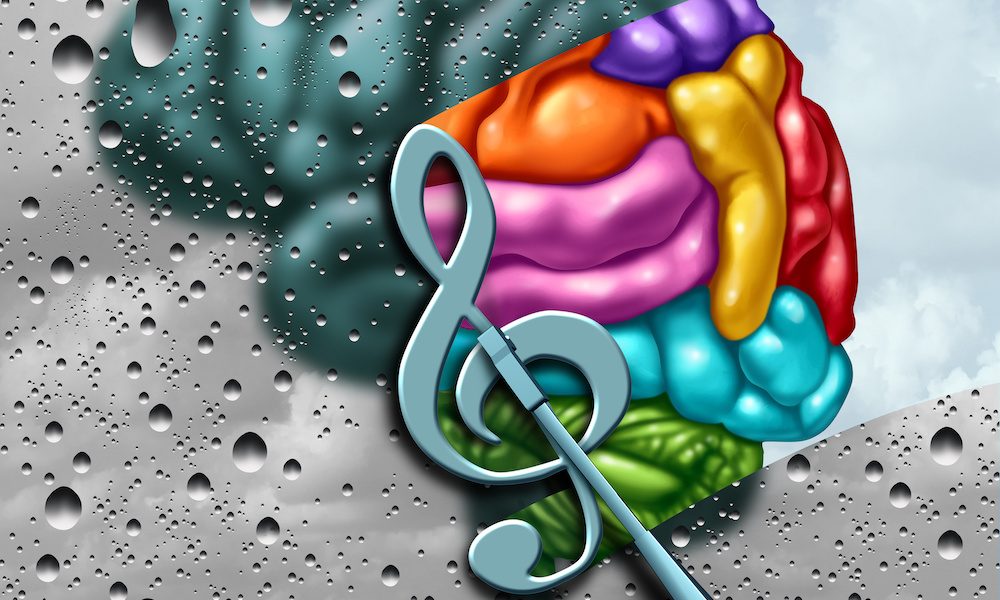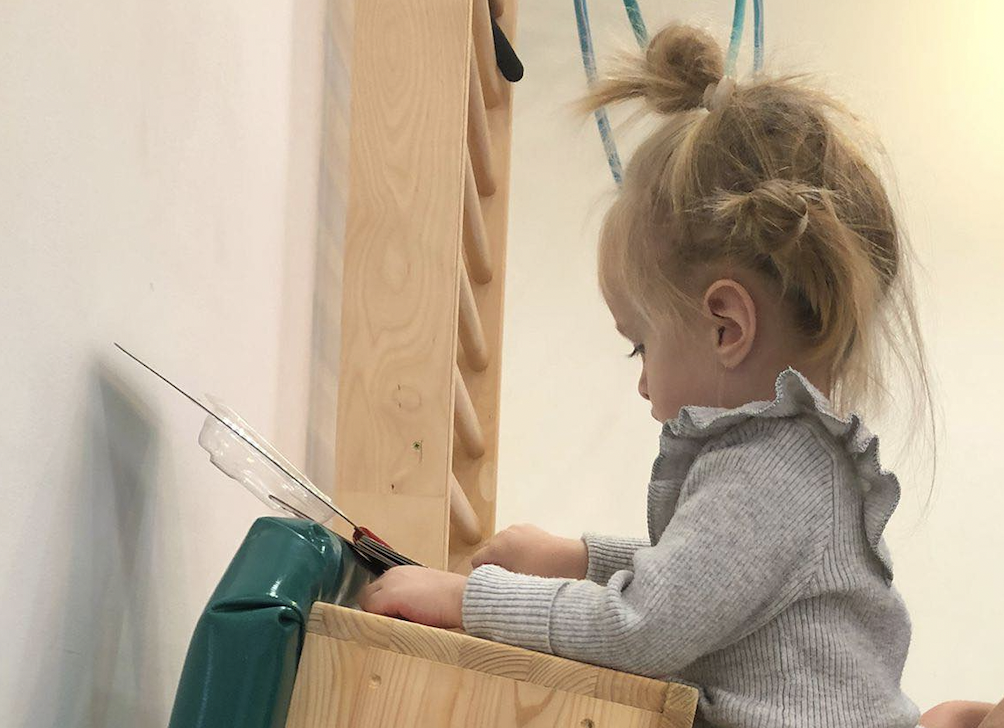
Neurologic music therapy explained by Professor Michael H. Thaut, a Professor of Music at the University of Toronto with cross-appointments in Rehabilitation Science and Neuroscience.
Neurologic Music Therapy [NMT] is a professional field that was established in the late 1990s and early 2000s.
It was built on rapidly accumulating research evidence on the effectiveness of music based interventions in neurorehabilitation and neurodevelopment.
The scientific model for this research was based on studying clinical translations of brain processes in music perception, music cognition, and music creation.
First breakthrough research showed the profound effects of music and auditory rhythm perception on motor control in stroke and Parkinson’s disease [PD].
These effects were developed into clinical techniques protocols such as Rhythmic Auditory Stimulation for gait training [RAS] that are now included in clinical stroke care guidelines by the US Departments of Veterans Affairs and Defense and in the Canadian national stroke care guidelines of the Heart & Stroke Foundation.
Follow up research based on the same scientific model extended NMT applications into speech & language and cognitive rehabilitation. Currently, NMT consist of 20 standardized techniques in the domains of sensorimotor, speech/language, and cognitive rehabilitation and development.
NMT takes great care that the techniques are supported by research evidence. Comprehensive summaries and reviews of the extensive research basis can be accessed, e,g., on the website of the NMT Academy (www.nmtacademy.co) or in the Oxford Handbook of Neurologic Music Therapy which received a runner up award by the British Medical Association in the ‘Best New Book in Neurology 2015’ competition among 600 entries.
To highlight a few findings, important key papers on autobiographically salient music to stimulate cognitive boosts in Alzheimer’s disease were published most recently in the Journal of Alzheimers Disease (Fischer et al., 2021, Editor’s Choice) and the journal Alzheimer’s Disease and Related Disorders (Thaut et al., 2020).
Beneficial effects of NMT techniques in stroke motor rehabilitation were reported recently in Frontiers in Rehabilitation Science [Loria et al. 2022] and Archives in Rehabilitation Science (Haire et al. 2021).
Landmark studies on RAS in stroke and PD gait training have been reported in journals such as Neurorehabilitation and Neural Repair for stroke (Thaut et., 2007) and in the journal Clinical Rehabilitation for PD (Thaut et al., 2018).
Also, recent studies elucidating neural mechanisms underlying NMT effects have looked at dopamine imaging and intracranial EEG in the basal ganglia with PD, preservation mechanisms in neural networks for long-term autobiographically salient musical memories in dementia, or brain plasticity in singing-based aphasia rehabilitation.
The NMT Academy provides international certificate training for all rehabilitation professionals since 2003. Between 6-8 annual training courses are offered either online or live in international locations. The courses entail 36 hrs of training usually spread over 4 days.
The certificate is endorsed by the World Federation of Neurorehabilitation [WFNR] as evidence based. Music therapists can carry the designation ‘Neurologic Music Therapist’ after completion.
Non-music therapists are encouraged to integrate materials and principles of NMT as much as possible into their scope of practice but cannot carry the NMT-Therapist designation.
The NMT Academy has currently about 4000 member certificants in 65 countries and is an institutional member of WFNR.
Professor Michael H. Thaut PhD is Director, Music and Health Science Research Collaborative and Graduate Programmes at the University of Toronto, as well as Collaborator Scientist CAMH Neuroimaging Affiliate Scientist St. Michael’s Hospital.








